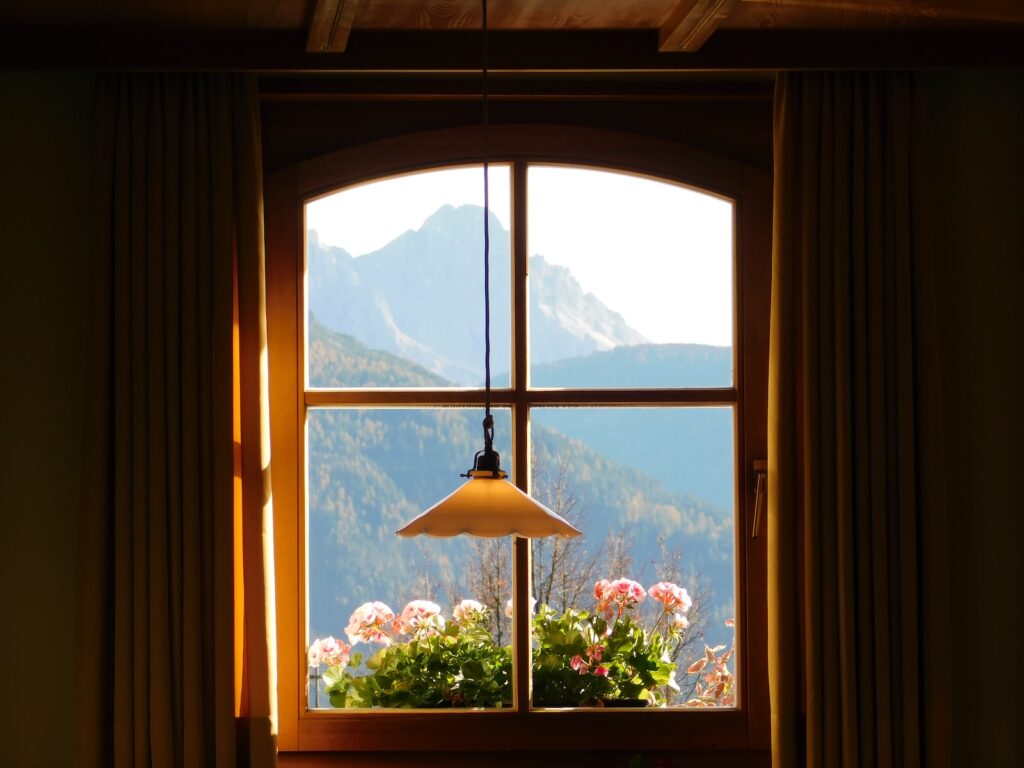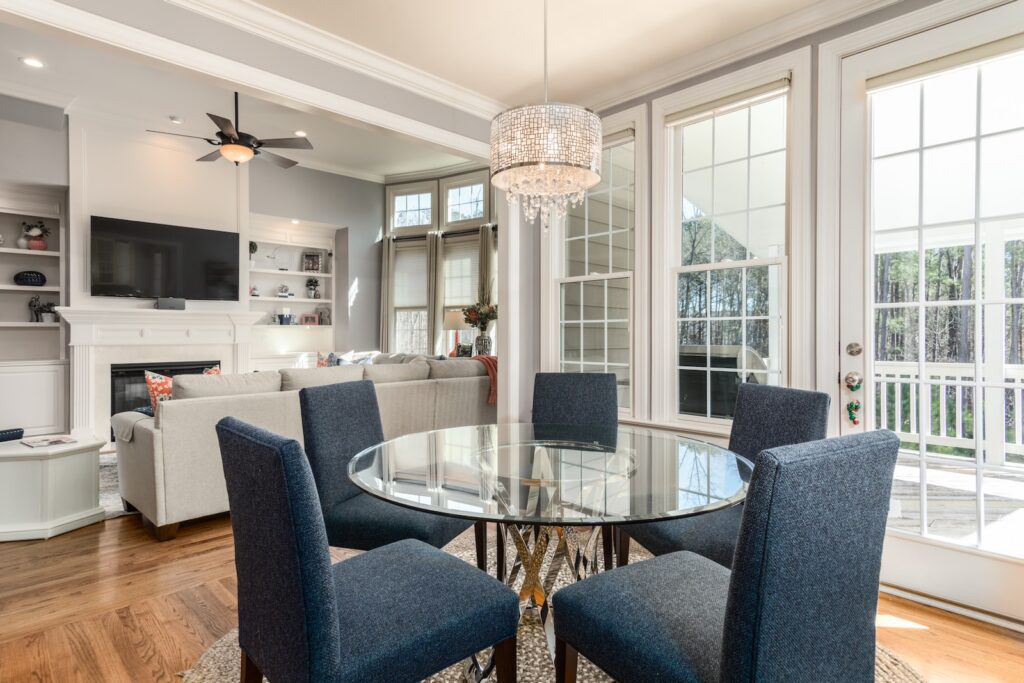If you’re building a new home or renovating an existing one, you may be wondering whether you can install windows before the framing inspection. After all, it’s tempting to get the windows in place as soon as possible to protect the interior from the elements. However, it’s important to understand the implications of doing so before proceeding.
To make things easy we recommend visiting Home Depot for expert advise and installation services!
First, let’s take a closer look at what a framing inspection entails and why it’s necessary. Then, we’ll explore the pros and cons of installing windows before the inspection and offer some guidance on how to proceed. By the end of this article, you’ll have a better understanding of whether it’s possible – and advisable – to install windows before framing inspection.

Can You Install Windows Before Framing Inspection?
When it comes to building a house, there are a lot of rules and regulations to follow. One of them includes framing inspection, which ensures that the structure of the house is safe and sound. But what about installing windows before framing inspection? Is it possible? Let’s take a closer look.
What is Framing Inspection?
Before we answer the question, let’s first understand framing inspection. Framing inspection is a mandatory inspection that takes place after the house’s framing is complete but before the installation of insulation and drywall. The inspector checks the framing for structural integrity, fire-blocking, and proper spacing of studs, joists, and rafters.
Benefits of Framing Inspection:
- Ensures a safe and secure structure
- Identifies any potential structural issues early on
- Helps to avoid costly repairs in the future
Can You Install Windows Before Framing Inspection?
The short answer is yes, you can install windows before framing inspection. However, it is not recommended as it can make the inspection process more difficult and time-consuming.
Why You Shouldn’t Install Windows Before Framing Inspection:
- Obstructs the inspector’s view of the framing
- Makes it difficult to test for proper fire-blocking
- Can result in a failed inspection and delay the project
When Can You Install Windows?
Once the framing inspection is complete and passed, you can then proceed with the installation of windows. This way, the inspector can easily see and test the framing, and you can avoid any potential delays.
Benefits of Waiting Until After Framing Inspection:
- Ensures that the framing is safe and secure before moving forward
- Makes the inspection process more efficient and less time-consuming
- Helps to avoid any potential delays in the project
Conclusion
In conclusion, while it is possible to install windows before framing inspection, it is not recommended. Waiting until after the inspection is complete and passed will ensure that the framing is safe and secure and make the inspection process more efficient. By following the proper steps and regulations, you can ensure that your house is built to code and will provide a safe and secure living space for you and your family.
Frequently Asked Questions
Here are some common questions related to installing windows before framing inspection.
What is a framing inspection?
A framing inspection is performed by a building inspector to ensure that the structural components of a building, such as the walls, floors, and roof, are constructed according to local building codes and regulations. This inspection typically occurs after the framing is completed and before insulation and drywall are installed.
What happens if I install windows before framing inspection?
If you install windows before the framing inspection is completed and approved, you may be required to remove them to allow the inspector to verify that the framing is up to code. This can be time-consuming and costly, so it is best to wait until the framing inspection is completed before installing windows.
Can I install exterior doors before framing inspection?
It is generally not recommended to install exterior doors before the framing inspection is completed, as the inspector will need to verify that the framing around the door is properly constructed. However, some local building codes may allow for exterior doors to be installed before the framing inspection, so it is best to check with your local building department for specific requirements.
What other inspections are required during the construction process?
In addition to a framing inspection, other inspections may be required during the construction process, such as electrical, plumbing, and mechanical inspections. These inspections help ensure that the building is safe and up to code, and they typically occur at various stages of the construction process.
What happens if my building fails an inspection?
If your building fails an inspection, the inspector will provide a list of corrections that need to be made before the inspection can be passed. You will need to make these corrections and schedule a re-inspection to verify that the corrections have been made. It is important to work closely with your inspector to ensure that all corrections are made properly and in a timely manner.
Framing Inspection Video Chuck Ruffin2019
In conclusion, installing windows before framing inspection can be a risky move. While it may save time and effort, it can also lead to potential problems that can be costly in the long run.
Firstly, it is important to understand that framing inspection is a critical step in the construction process. It ensures that the structure is built to code and is safe for occupancy. By installing windows before this inspection, you run the risk of failing the inspection and potentially having to redo work that could have been avoided.
Secondly, installing windows before framing inspection can also lead to issues with moisture and air leaks. Without proper framing, windows may not fit properly, leaving gaps for air and moisture to enter. This can lead to issues with mold, mildew, and even structural damage over time.
In the end, it is recommended to wait until after framing inspection to install windows. This ensures that the structure is sound and that the windows will fit properly, preventing potential problems down the line. By following proper construction procedures, you can ensure that your project is completed safely and with minimal issues.


